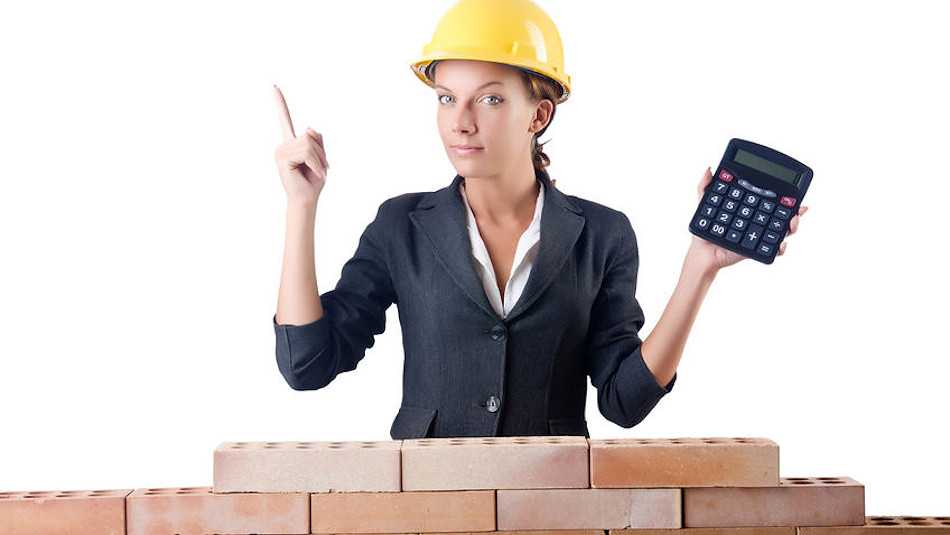
An Update On The Domestic Reverse Charge For VAT |
Is your construction business ready? |
POSTED BY HELEN BEAUMONT ON 19/06/2019 @ 8:00AM
The October deadline for the Domestic Reverse Charge for VAT approaches and HMRC has finally issued its guidance ...
It's important that businesses in construction understand how the Domestic Reverse Charge for VAT affects them!
I wrote about this previously last November. This is a fundamental change in the VAT rules and is likely to cause upset, particularly for smaller construction businesses.
"The reverse charge is designed to combat fraud in the construction sector!"
The new regime proposes that a VAT-registered business which supplies a range of construction services to another VAT-registered business will need to issue a VAT invoice saying that the services they have provided are subject to the reverse charge.
The recipient then has to account for the VAT on that supply through its own VAT return instead of paying the VAT directly to the supplier. The recipient can subsequently recover the VAT as an input tax when they prepare their next VAT return.
There are updates to the draft guidance:
How to check whether the customer is VAT registered or CIS registered
How and when it is necessary to check that a customer is an end user or an intermediary
Changing VAT treatment in the middle of a contract
Completing VAT returns
Contracts spanning 1 October: the guidance outlines transitional rules for payments due on any supplies entered into accounting systems before 1 October 2019, but paid on or after 1 October 2019
Where large contractors hold many contracts with a single subcontractor: if the DRC applies to more than 5% of those contracts (by volume or value) the HMRC guidance says the DRC may be applied to all the contracts
HMRC has advised businesses will need to prepare for the change by:
checking whether the DRC affects either sales, purchases or both
informing regular clients or suppliers
ensuring accounting systems and software are updated to deal with the DRC
considering whether the DRC will have an adverse impact on cash flow as the (legitimate) opportunity to use the amount of VAT paid, between the time it is received from the customer and the time it has to be paid over to HMRC, will no longer exist
All construction businesses are encouraged to review transactions made both up and down the supply chain to establish whether any will be subject to the new VAT reverse charge from October 2019 when the legislation is expected to come into force.
"Would you like to know more?"
If you'd like to find out more about the proposed domestic reverse charge for VAT in the construction industry, then do give me a call on 01908 774323 or click here to ping me an email and let's see how I can help you.
Until next time ...
HELEN BEAUMONT
Join my mailing list! Click here and be one of the first to know when I publish a new blog post!
Leave a comment ... |
More about Helen Beaumont ... | ||
|